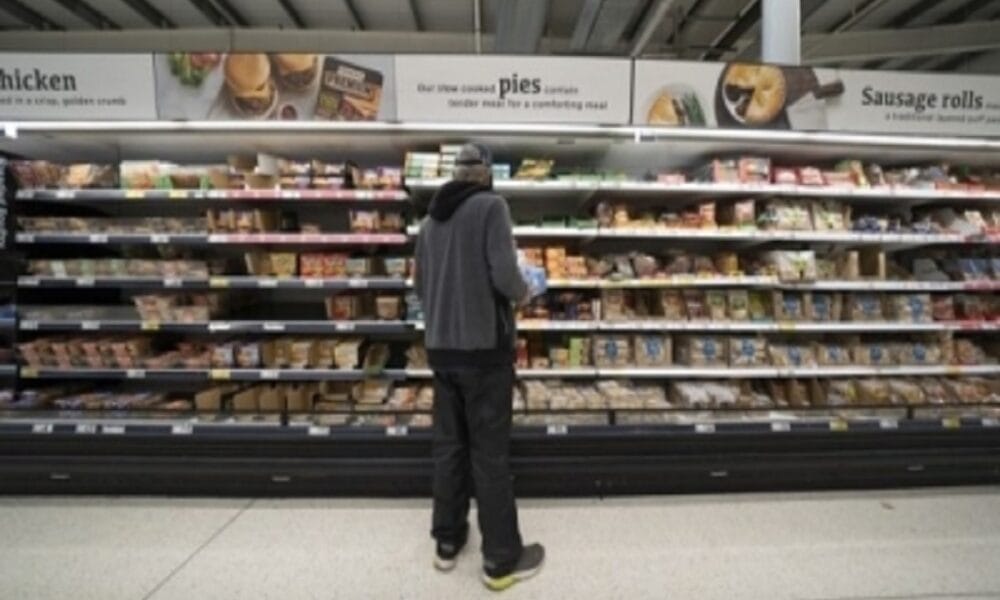
Nearly quarter of UK shopping basket at high risk from climate change: Report
Bananas, grapes, avocados, coffee and tea are among staples of the UK shopping baskets in the firing line as climate impacts bite, according to a study.
The study by Christian Aid, which maps key food imports, found a shopping basket of goods likely to be hit as the planet warms.
Researchers focused on households in Britain, Italy and Germany and found that a significant portion of the fruit, vegetables, pulses and meat products, specifically, 22, 23, and 15 per cent, respectively, originate from countries with high climate change vulnerability and low climate readiness levels.
The authors warn that further warming would mean more harvest-destroying extreme weather events, leaving consumers facing more price rises and empty shelves.
It comes weeks after the UK government’s five-year adaptation plan warned that climate change threatened the UK’s national security and food supplies.
Last month National Farmers Union President, Minette Batters, highlighted that climate change was causing havoc with food supplies.
She said: “I have never known such volatility in the global food system. Climate change is wreaking havoc on food production across the world, with farmers in Southern Europe literally fighting fires while farmers here are despairing as they now must spend thousands of pounds to dry sodden grain.”
This was echoed by Alain-Richard Donwahi, a former Ivory Coast defence minister, who led last year’s UN Cop15 summit on desertification.
He said the impacts of the climate crisis combined with water scarcity and poor farming practices threaten global agriculture.
The findings build on 2022 analysis by UK government advisors the Committee on Climate Change (CCC) which warned “risks are rising for international supply chains” and urged the ministers to raise spending on adaptation and “increase capacity building through its overseas programmes to improve global capacity for climate resilience, including supply chains”.